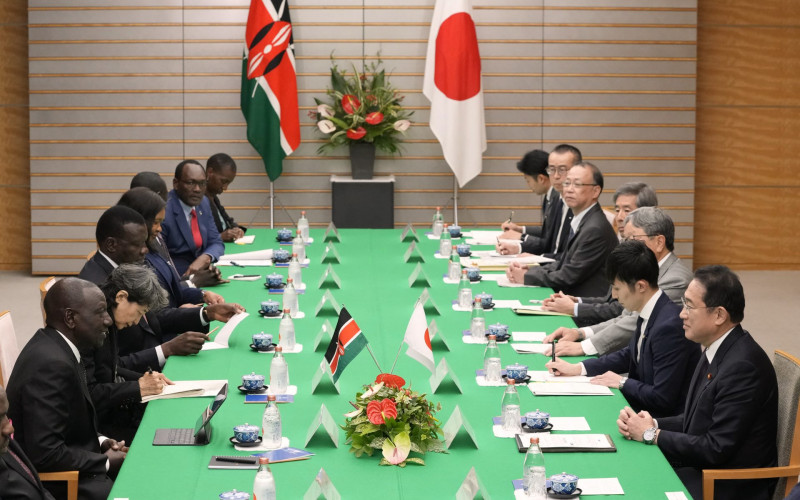Investigating Chinese investments in the manufacturing and agro-processing industries in Tanzania we found that most investments in these two sectors have been driven by the potential of African markets and access to raw materials and cheap labor, rather than financial incentives provided by the Chinese government. Since the 2000s, China—Tanzania trade relations have witnessed steady growth. In 2015, World Bank data placed China among the top five destinations for Tanzanian exports, accounting for nearly ten percent of total exports, while China was also the second largest source for Tanzanian imports. We found that although Chinese investments in Tanzania arrived later than many other foreign investments, they have already created various linkages with the local economy, facilitating knowledge transfer through developing local supply networks, providing training opportunities in collaboration with government and vocational training institutions, engaging in technological and financial cooperation with local firms, and contributing to setting local standards. Most of these linkages depend on personal networks; in other words, they are neither consistent nor coordinated. Tanzania offers security, political stability, and a relatively large domestic market to attract foreign investment. At the same time, there are notable economic and political constraints that continue to hamper the economic growth and investor confidence in the country, including poor infrastructure and energy supply, underdeveloped local supply chains, regulatory uncertainty, and cultural differences.







